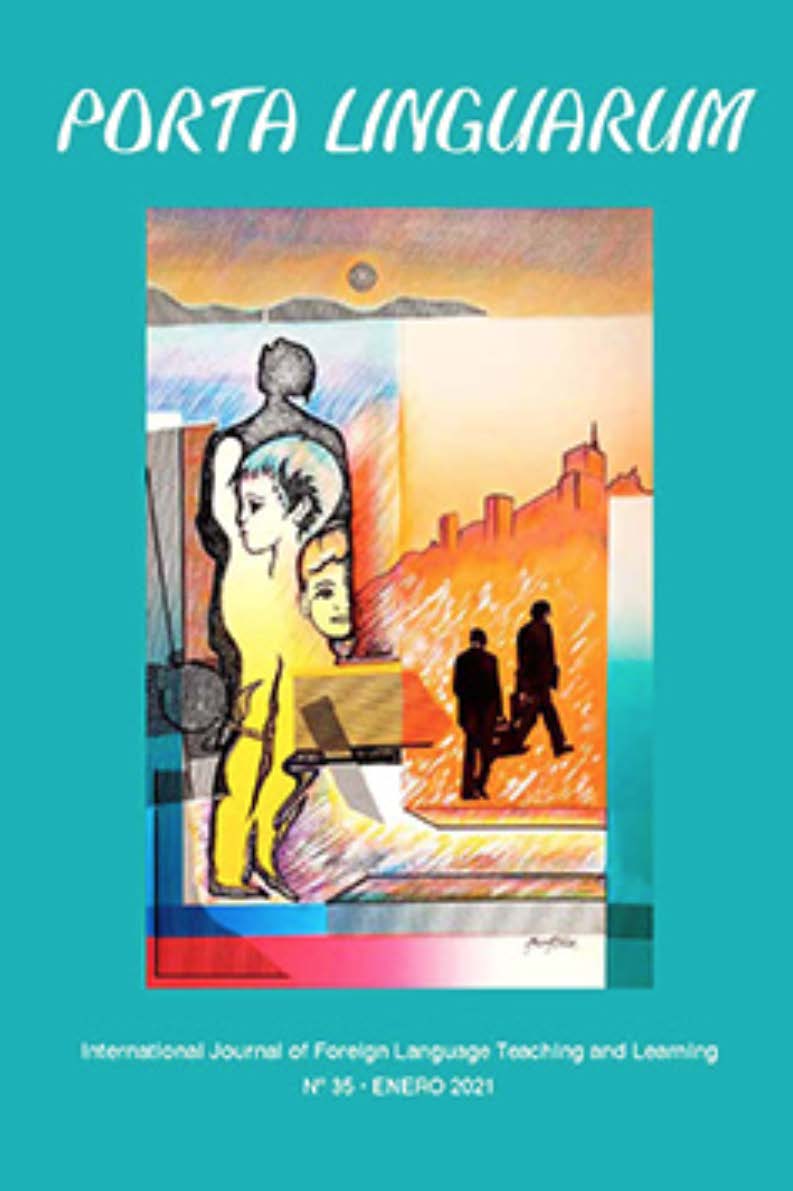Using phonics to develop the emergent English literacy skills of Spanish learners
DOI:
https://doi.org/10.30827/portalin.vi35.16876Palabras clave:
Fonética, alfabetización bilingüe, español, inglés, mmétodos de alfabetizaciónResumen
El método fónico está implantado en el mundo anglosajón, pero hasta ahora se ha aplicado de forma limitada en contextos donde el inglés es una lengua extranjera. El objetivo era evaluar la eficacia del método fónico para desarrollar habilidades lectoras en inglés en un colegio público bilingüe de Educación Primaria en España. Se utilizó un diseño experimental para determinar el valor añadido del método. La muestra la formaron dos grupos equivalentes, uno control y otro experimental, donde se implementó el método fónico por el investigador. Los datos recogidos sobre las habilidades de alfabetización bilingüe se analizaron a través de pruebas no paramétricas y correlaciones. El grupo experimental mostró una mejora mayor en conciencia fonológica, denominación y lectura de letras y pseudopalabras en español e inglés. Este alumnado de siete años alcanzó habilidades de alfabetización en inglés equivalente a niños nativos de 5,8 años. Se encontró una transferencia positiva entre la lectura de palabras en inglés y de pseudopalabras en español. Este estudio presenta importantes implicaciones para la enseñanza de la alfabetización temprana en inglés en contextos donde el inglés no es la primera lengua, concretamente un mayor nivel de lectura en inglés del alumnado y la mejora de los programas bilingües.



















